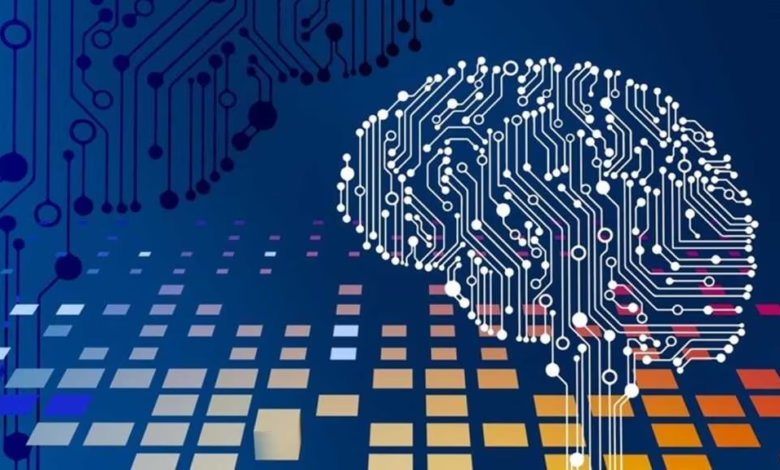Unlock Your Brain’s Potential with GenAI Secrets

▼ Summary
– Groups using Google Search during brainstorming produced fewer and less original ideas compared to those without access.
– Google Search groups often presented identical ideas in the same order, indicating search results stifled creativity.
– Researchers identified a “fixation effect,” where exposure to examples limits broader or unconventional thinking.
– A study in *The Journal of Creative Behavior* explored how AI impacts people’s confidence in their creative abilities.
– The research focused on “creative self-beliefs” to determine if AI usage alters perceived creativity.
Unlocking creativity requires stepping away from digital crutches and rediscovering the power of independent thought. Recent findings from Carnegie Mellon University reveal a surprising trend, groups relying on Google Search during brainstorming sessions produced fewer original ideas compared to those working without it. Not only did search-dependent teams generate similar concepts, but they also presented them in identical sequences, indicating that search results stifled genuine innovation rather than fueling it.
Scientists describe this phenomenon as the “fixation effect,” where exposure to limited examples narrows thinking patterns. For instance, seeing “butter” and “jam” as spreadable items might prevent someone from considering metaphorical uses like “spreading rumors” or “disease.” The study highlights how readily available information can unintentionally box in creativity instead of expanding it.
Another study, published in The Journal of Creative Behavior, explored how artificial intelligence influences self-perceived creativity. Titled “Am I Still Creative? The Effect of Artificial Intelligence on Creative Self-Beliefs,” the research examined whether collaborating with AI alters confidence in one’s creative abilities. By measuring “creative self-belief,” or an individual’s trust in their imaginative capacity, the study sought to determine if AI enhances or undermines this confidence. The results suggest that while AI tools can assist, they may also create dependency, subtly eroding the belief in one’s innate creative potential.
These findings underscore a critical insight: true creativity thrives when the mind is free to explore without algorithmic constraints. Whether through search engines or AI, over-reliance on technology risks dulling the very ingenuity it aims to support. The challenge lies in balancing external tools with internal inspiration, knowing when to look outward for ideas and when to trust the untapped potential within.
(Source: COMPUTERWORLD)





